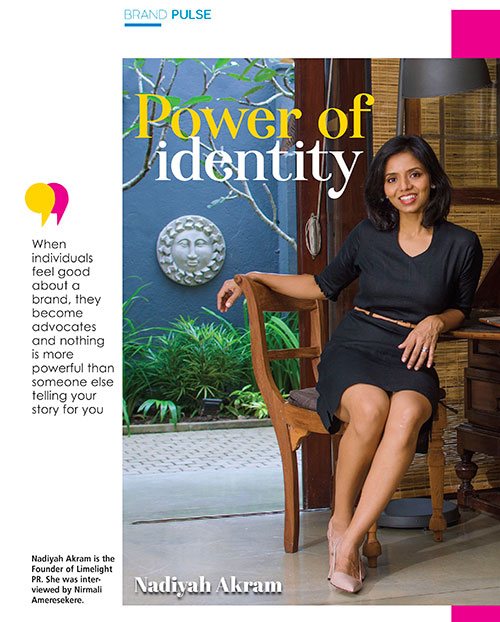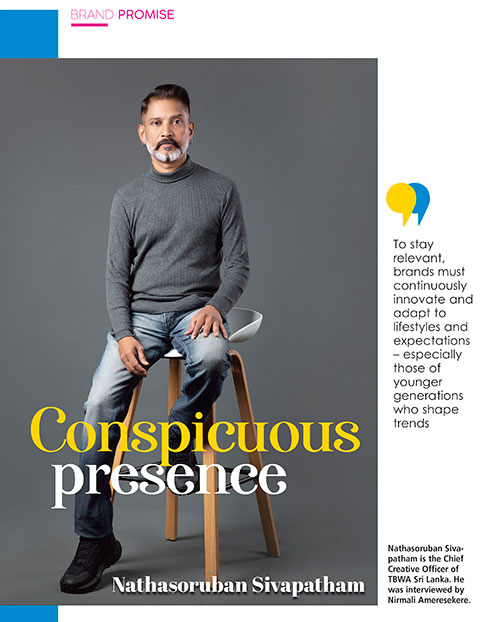HUMANE QUALITIES
BRAND PERSONALITY
Kendall Hopman

In this day and age, what do you consider as being the hallmarks of a renowned brand?
The hallmarks of any brand should be credibility, purpose and consistency.
Credibility is built by living up to the brand’s promise. While it is possible to build a brand on the basis of hype, this can only bring short-lived success because false promises will soon be found out. Authenticity builds trust and results in credibility.
Purpose is important too. This is because a purpose driven brand is motivated by its core mission – everything it does is linked to that purpose. Consistency is essential for a brand to achieve longevity by retaining the keys to its success.
In your assessment, in what ways has the digital age transformed brand building strategies – particularly in the context of utilising online platforms, social media and digital advertising channels?
The digital age has created new opportunities for brand building; and it has also made brands more vulnerable.
Digital platforms and social media facilitate direct engagement with audiences in real time on a global scale, and enable brands to engage in two-way communications with consumers.
But this carries risks as well with the danger of negative responses going viral. This requires brands to be authentic and transparent, which means they have to stay true to their core values to succeed; and be quick and agile in their communications.
Another key element of the digital age is the opportunity it offers brands to collect, analyse and respond to user data, to improve their products and services. The digital age has also elevated the role of influencer marketing in brand building strategies.
So how can branding strategies be adapted to align with evolving digital consumer behaviours and preferences – especially where Gen Z is concerned?
To stay relevant today, brands have no option but to embrace digital platforms, social media and online engagement – especially to reach the Gen Z audience – and utilise data about consumer preferences, behaviours and needs.
In addition, brands must make use of insights available to them in their content marketing strategies. Content such as blogs, videos, infographics and podcasts should be used to build trust with consumers.
Engaging with audiences on social media makes it possible to humanise a brand and showcase its personality. In addition, brands need to ensure that their websites and content are optimised for viewing on mobile devices and offer a good user experience (UX), which is a key component of online engagement.
What fundamental principles do you believe are essential to a brand’s success and longevity?
A brand’s success and longevity call for a deep understanding of consumer needs, a commitment to fulfil that need responsibly and sustainably by way of product or service quality, the development of and adherence to a series of core values needed to achieve this, the ability to adapt and respond to changing consumer preferences and needs, and communication skills to engage with audiences to spread awareness about its intrinsic values and ethos.
And of course, an unwavering commitment to continuous improvement is necessary.
In this digital era, storytelling and engagement have emerged as top priorities in the branding arena. Are brand guardians adapting to this new playing field, in your opinion?
Yes, I believe many brands are using storytelling and engagement as a branding strategy today but some sectors have been slow to adapt for a variety of reasons.
Some believe that older, mature or more traditional audiences will not respond positively to these strategies but this concern will dissipate with time.





